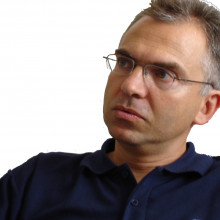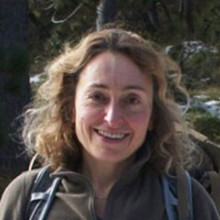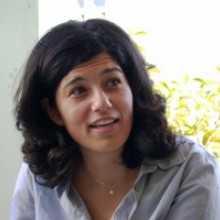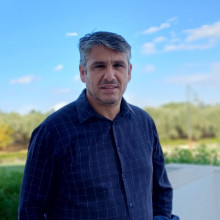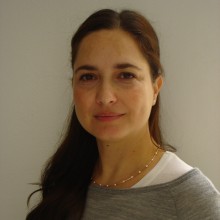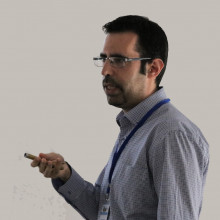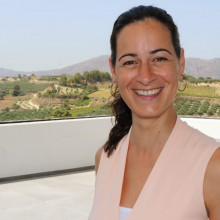ΠΡοηγμένο σύστημα συλλογής και διαχείρισης αναλυτικΩν δεδομένων για την ανοιχτή προς το κοινό ΤΕκμηρίωση, και συντήρηση ζωγρΑφικών έργων τέχνηΣ μεγάλων διαστάσεων (ΠΡΩΤΕΑΣ)
MIS 5069984
«Ανταγωνιστικότητα Επιχειρηματικότητα Καινοτομία 2014-2020» ΚΩΔΙΚΟΣ ΠΡΑΞΗΣ ΟΠΣ ΕΣΠΑ
ΔΡΑΣΗ ΕΘΝΙΚΗΣ ΕΜΒΕΛΕΙΑΣ «ΕΡΕΥΝΩ-ΔΗΜΙΟΥΡΓΩ-ΚΑΙΝΟΤΟΜΩ Β’ ΚΥΚΛΟΣ»
The underlying idea of the PROTEAS project is to introduce the public to the work of the art conservator and, through this, in the materials and techniques employed, the historical context of a work of art as well as the message and the expression of the creator. Important for implementing this idea, is to establish an open communication channel between curators, conservators and researchers.
Modern technology supports this communication through
a) portable analytic devices
b) flexible robotic arrangements, and
c) advanced information systems that allow an integrated, innovative approach to documentation, management and presentation of the information gathered during the conservation of artwork.
In this context, the main objective of the project is the development of an Open-Access Workshop (OAW) within the premises of the National Gallery at Athens (NGA), where researchers from IESL-FORTH and INPP-NCSR Demokritos will install innovative analytical systems based on imaging and spectroscopic techniques which, via combined protocols for in-situ application, will integrate and upgrade the current documentation and conservation methodology used by NGA for the integrated study of paintings. The Institute of Computer Science (ICS) of FORTH will coordinate the project and, in collaboration with PRINTEC and Up2Metric, will develop the platform (mechanisms and integrated software) that will ensure a) a robust way to support safe and controlled positioning of the analytical devices at each point of the artwork ensuring reliable operation of the equipment and facilitating the presence of the operator/conservator and b) provide a user friendly acquisition, management and presentation of large amounts of information and data. The concept becomes particularly important in the case of very large paintings, which, to date, could not be studied with conventional protocols. It
is actually the study and conservation of "March 3, 1814", by C. Muller (4.45 × 8.45 sq. meters) an emblematic oil painting of the NGA collection that provides the inspiration and motivation for this research.
The main elements of innovation of OAW include:
• Portable prototype systems and methodology for studying and visualizing paintings in detail:
XRF (MA-XRF) Imaging, Fluorescence Spectroscopy (LED-LIF), Reflection Spectroscopy (FORS) and Short Wavelength Infrared (SWIR) Imaging.
• High precision devices for positioning the diagnostic instruments based on conventional low cost mechanics coupled to pioneering machine vision software. The system will permit simple, fast and safe access at each point of the artwork, while machine vision software will ensure reliable and reproducible positioning of the devices with respect to the points of interest and detection of the area where conservation interventions take place.
• A Semantic content information system and a digital knowledge platform based on international standards for the management of the data produced during all the stages of the scientific work.
• Internet hub, with multilingual interfaces to display and diffuse the IC's activities for a targeted audience, which will allow the conservator to update display and dissemination interfaces.
Overall, the PROTEAS project will produce a unified platform for the acquisition and management of analytical data and documentation of conservation interventions, interpretation and presentation of results. This platform will operate on the basis of openness being able to integrate new instruments and methodologies. The uniqueness of the OAW rests on the fact that it will be open to visitors, whether specialists or the general public, who will be able to follow the progress of the work in real time understanding the essentials of art conservation.
Thus, NGA will become a reference, the crossroad of technology and culture and the grounds where specialists/researchers/scientists can interact and communicate on aspects of diagnosis and conservation of works of art.
Principal Investigator
Scientific Staff
Technical Staff
Research Associates
Alumni
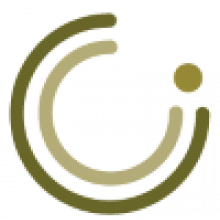
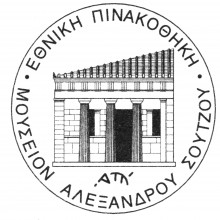
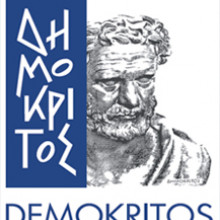
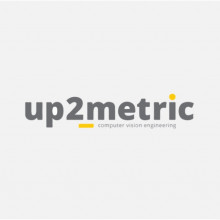
Funding



